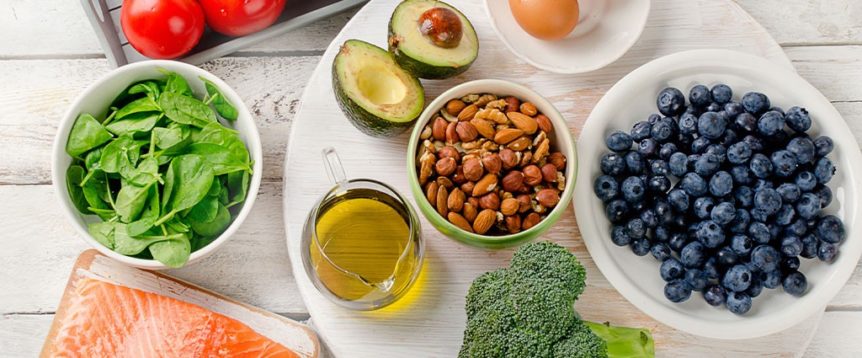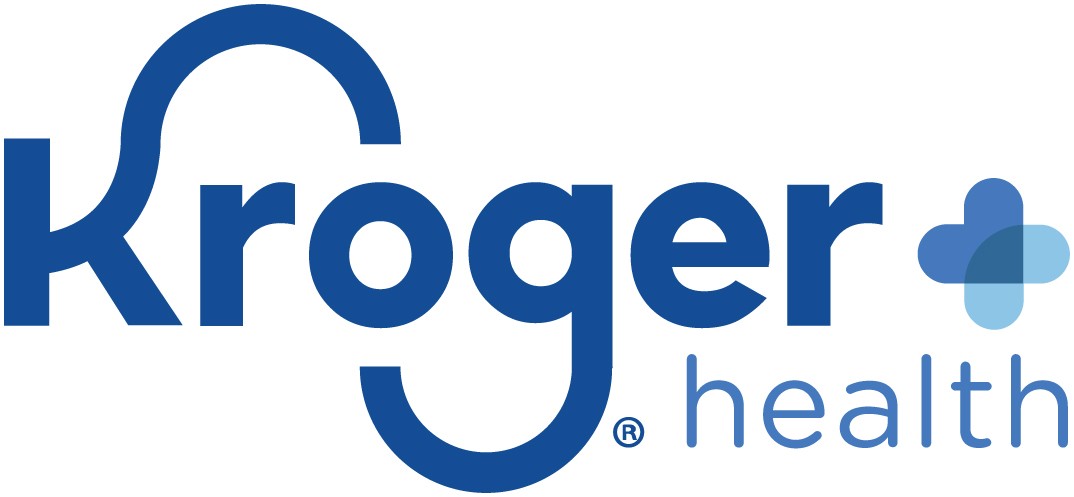Think your brain is a static lump, destined to decline over time? Think again! New research shows you can actually help your brain grow and even get stronger with age—and your diet plays a key role, says Josh Axe, D.N.M., D.C., C.N.S., a doctor of natural medicine, chiropractor and clinical nutritionist. “Your brain is literally fueled by the foods you eat thanks to the gut-brain connection,” he says.
.
“Foods that are high in antioxidants, good fats, vitamins and minerals … provide your brain with much-needed energy.” – Dr. Josh Axe
What does your gut have to do with your grey matter? There are actually neural pathways that travel directly between your digestive tract and your noggin, says Dr. Axe. “The foods you include in your diet directly affect the bacteria living within your GI tract, and those bacteria talk to cells in your gut that send signals to your brain,” he says. “A healthy gut absorbs important nutrients effectively and can make adequate amounts of neurotransmitters, such as serotonin, which can lift your mood.”
In addition to the gut-brain connection, food can also help the brain function optimally by helping to reduce chronic inflammation in the body, says Axe. “Foods that are high in antioxidants, good fats, vitamins and minerals not only provide your brain with much-needed energy, but they also defend against oxidative stress that damages brain cells and increases your risk for various brain- and mood-related disorders, such as depression and Alzheimer’s disease.”
To help you fire on all cylinders and avoid cognitive decline as you age, Dr. Axe recommends adding these foods to support brain health:
Berries. These are high in antioxidants, which defend against oxidative stress that puts you at an increased risk for cognitive decline. They’re also loaded with vitamin C and fiber, which both benefit gut health.
Dark, leafy greens. Loaded with antioxidants and other essential nutrients that fight free radicals that cause oxidation in the body, these powerhouse veggies (including kale, spinach, Swiss chard and collard greens) may help to slow mental deterioration.
Cruciferous veggies. In addition to those all-important antioxidants, crucifers (like broccoli, Brussels sprouts, bok choy, cauliflower and cabbage) are also loaded with good-for-your-gut fiber, which feeds the healthy bacteria in your GI tract.
Probiotic foods. Probiotics are live microorganisms that are loaded with the beneficial bacteria that populate your gut and keep you (and your brain!) healthy. Yogurt is one of the best sources of probiotics (just be sure to opt for low-sugar varieties that include active or live cultures). Other probiotic-rich foods include kefir, sauerkraut, tempeh, kimchi and kombucha.
Coconut oil and olive oil. These healthy sources of fats are needed by the brain to produce hormones and neurotransmitters, says Axe. “Plus, they have some anti-inflammatory effects.”
Avocado. Rich in monounsaturated fats (the same kind found in olive oil), avocados are also loaded with potassium, folate and vitamin C—all of which can help improve cognitive function, especially memory and concentration, says Axe.
Bone broth. “This supports the gut-brain connection by helping to reduce intestinal inflammation,” says Axe. “It also provides amino acids, such as proline and glycine, that can help to repair the gut lining and fuel brain activity.”
Learn how Kroger is helping people to live healthier lives at krogerhealth.com



